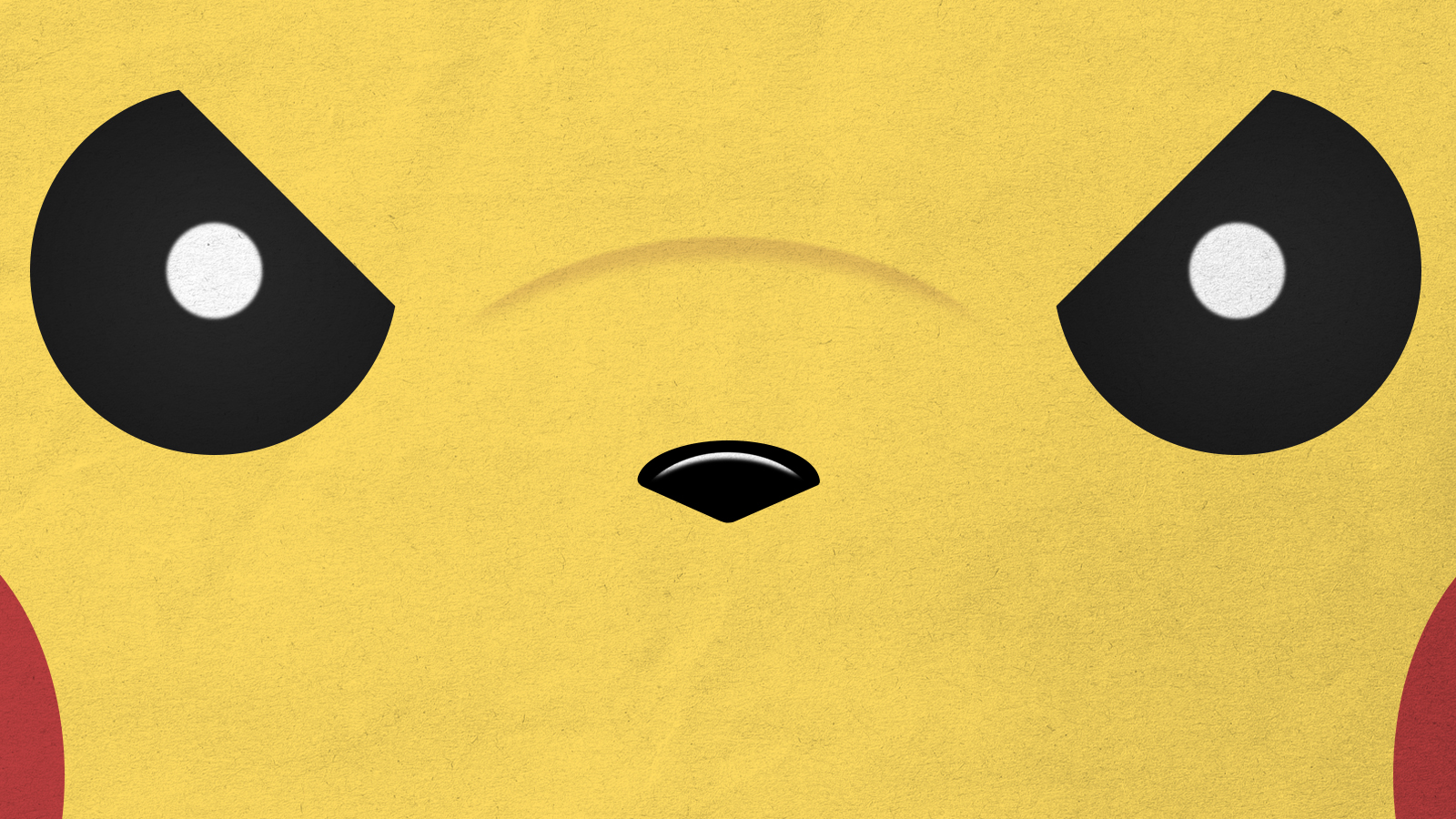Why playing Pokémon GO is a bit like being a subject of an authoritarian government
Players won a battle over in-game policy. That doesn’t make it a democracy.


A free daily email with the biggest news stories of the day – and the best features from TheWeek.com
You are now subscribed
Your newsletter sign-up was successful
Remember Pokémon GO, the game that got everyone to stare at their phones outdoors instead of indoors in summer of 2016? It's still going strong six years later, with close to a million daily players in the United States.
The coronavirus pandemic, which shuttered or restricted most indoor spaces for the better part of the last 18 months, dovetailed with the game's "augmented reality" and its focus on exploring the real world by catching wild Pokemon and visiting "PokéStops," in-game supply stations based at physical landmarks. (For example, three PokéStops near my home are a park, a fountain outside a restaurant, and a church. Sometimes they're monuments or public art installations.)
In order to access these stops, you need to be within a fairly close distance of their actual physical location, known as the "spin radius." It's essentially impossible to play Pokémon GO without traversing the real world on foot. Whether this makes it more a video game, a gamified pedometer, or a marketing information vacuum, it's an innovative approach.
The Week
Escape your echo chamber. Get the facts behind the news, plus analysis from multiple perspectives.

Sign up for The Week's Free Newsletters
From our morning news briefing to a weekly Good News Newsletter, get the best of The Week delivered directly to your inbox.
From our morning news briefing to a weekly Good News Newsletter, get the best of The Week delivered directly to your inbox.
Niantic, Pokémon GO's developer, made a number of changes to the game throughout the pandemic, such as turning previously in-person, location-dependent events into worldwide digital events, and increasing the effectiveness of certain in-game elements. But perhaps the most notable tweak was temporarily doubling the spin radius for PokéStops to facilitate social distancing.
In mid-July, before the Delta spike reached its current levels but after most localities had reopened, Niantic reversed the spin radius back to its original distance. They explained that exercise, walking, and exploring the physical world were integral to the game's character.
It sounds unlikely and arcane, but the game's fan base, whether on Reddit threads or Facebook groups, resisted the snap-back with surprising force. (As a player since 2016, I have never seen an in-game issue create so much controversy.) The issue even garnered some press coverage. Some felt it was too soon to roll back pandemic safety measures; others noted that the larger spin radius made the game more handicap-accessible, and reduced issues like trespassing.
Niantic continued to flatly reiterate that getting outside and exploring are central to Pokémon GO, but they also announced a task force to investigate the question. According to some players the company even quietly engaged in NDA-bound talks with community members. Then, in late August, Niantic abruptly announced they would permanently revert to the larger pandemic-era spin radius. "Thank you to everyone who made your voices heard," their brief announcement read. "We've heard you and understand that this has been a welcome benefit to many players."
A free daily email with the biggest news stories of the day – and the best features from TheWeek.com
The reality, however, is that there isn't any actual official mechanism for those voices to be heard. Players are not voters; Pokémon GO is not a democracy. Players have real, but shaky and informal, ways of communicating their concerns. And Niantic sometimes listens. But the process is not really there.
And unlike the debates that play out between creators and fans in other realms, like television or traditional video games, where the influence of fans, and consequent changes in the final product, are difficult to identify, Pokémon GO mixes with the real world and operates by something like public policy. So when the game changes, we're seeing more than customer service or fan service; we're seeing a game and its gameplay elements spill out into the real, physical world. And the flip side is that we're seeing the gamification of the real world.
It would not be exaggerating to compare this to the manner in which policy is crafted in China, and the delicate dance between citizens and the state. For example, in April of 2018, Sina Weibo, a Chinese social media giant, announced that it would begin to remove LGBT-related content. This sparked an unexpected firestorm, and a few days later the company — with, one can assume, the tacit approval of the government — backed off and reversed the LGBT content ban. Informal public input worked.
Even more apropos is China's "social credit" system, a loose collection of rules, apps, and algorithms aimed at promoting prosocial behavior (and, of course, political conformity.) This might entail losing points for buying too much liquor or for associating with politically suspect individuals, or gaining points for helping a stranger. Punishments are often reported to include restrictions on travel, such as being unable to purchase high-speed train tickets; rewards or perks might be seat upgrades or access to discounts.
There's even an eerily topical anecdote I once heard: a Chinese student who walked every day to her internship in the United States, despite the office being far away, because getting a ride would have counted against her score, which was still being monitored out of the country.
There is no single "social credit system" in China but rather a number of implementations of the concept. But the essence of it is, real-time public policy divorced from law. It bypasses laws, trials, convictions, and legal punishments. This is obviously far from American democracy, but it is distinct even from authoritarian governance in which boundaries may be restrictive but known and fairly stable.
The "social credit" model of behavioral engineering and policymaking, then, represents not necessarily authoritarianism per se, but technocracy: a mechanism by which experts and policymakers are given free reign to engage directly in social engineering. It would be foolish to think that this is somehow a foreign or a "Chinese" concept. There are plenty of American policymakers and institutions for whom it would be right at home. (Ever heard of Cass Sunstein's Nudge?) As much as it may be tyrannical, this is, admittedly, preferable to iron-fisted authoritarianism. It might even be fun. It represents, however, the gamification of citizenship and civic life itself. Which brings us back to Pokémon GO.
Augmented reality, as a technology, looks an awful lot like social credit. Social credit looks an awful lot like gamification. Pokémon GO is probably the most innocent application of this cluster of technologies; an opaque mobile app with a dodgy algorithm that says you can't buy a train ticket because you went to the liquor store is one of its less savory applications. But when you're out walking to catch Pokémon, you're not just playing a video game; you're allowing your real-life behavior, and your interaction with the real world, to be modified.
In a small but real way, Americans who play Pokémon GO — and who complain about the spin radius for PokéStops, and celebrate their victory in shaping Niantic's in-game policy — are preparing themselves to accept far more serious and intrusive applications of the same basic technology.
Players might feel they spoke up and convinced a stodgy developer to give them something. Niantic might pat itself on the back for hearing the voices and concerns of its customers, which it nonetheless gives no official pathway to voice such concerns. It is a little like democracy, isn't it? Maybe. But it might just be laying the groundwork for something less.
Addison Del Mastro writes on urbanism and cultural history. Find him on Substack (The Deleted Scenes) and Twitter (@ad_mastro).
